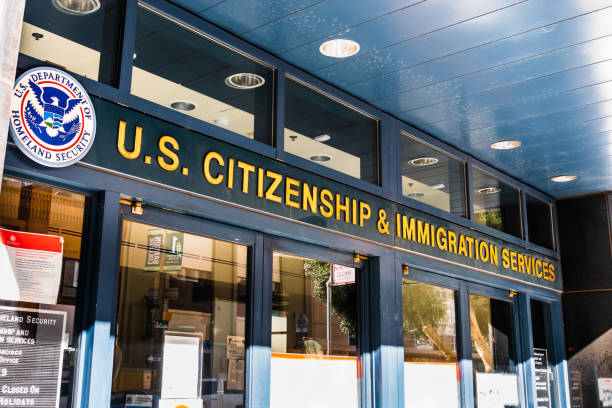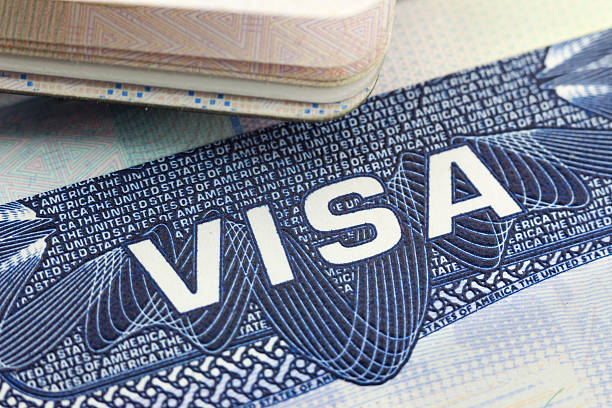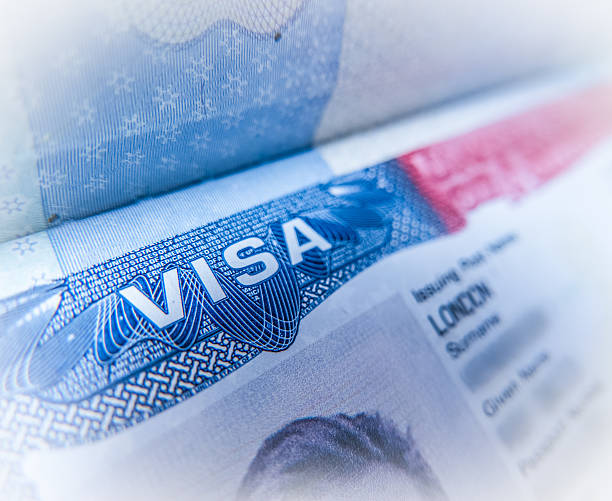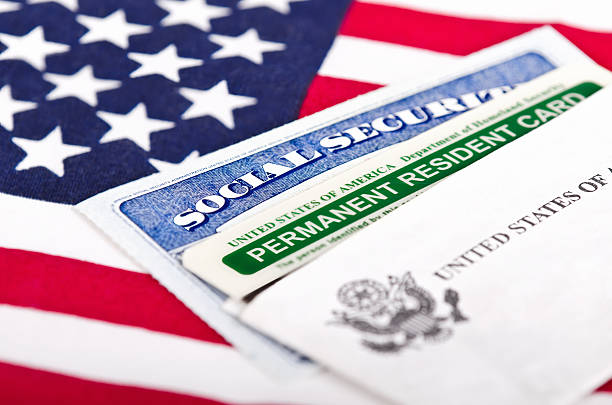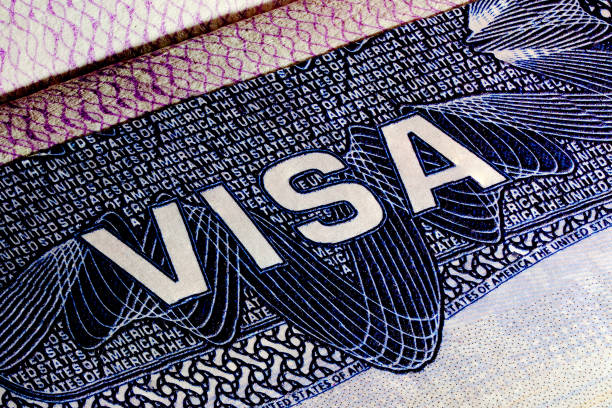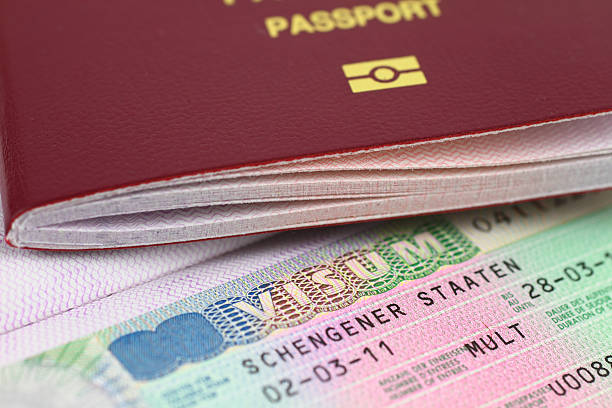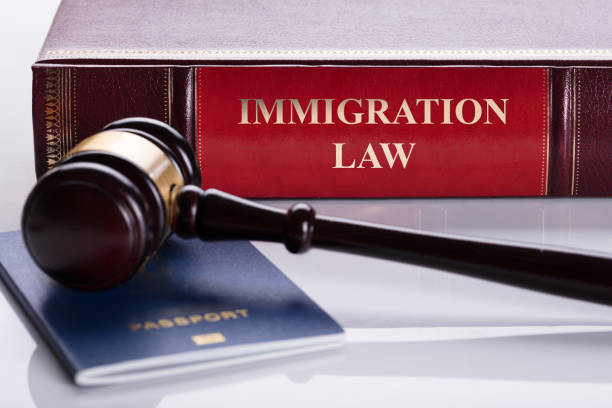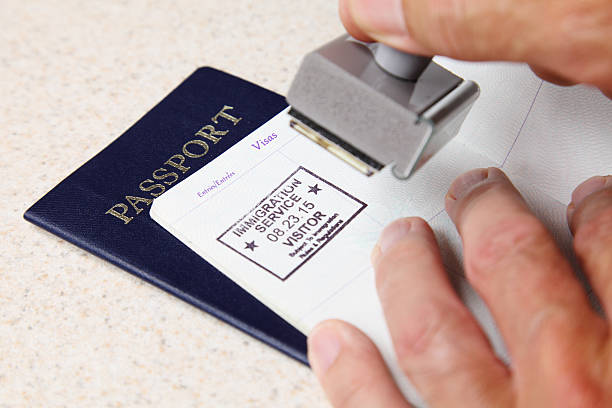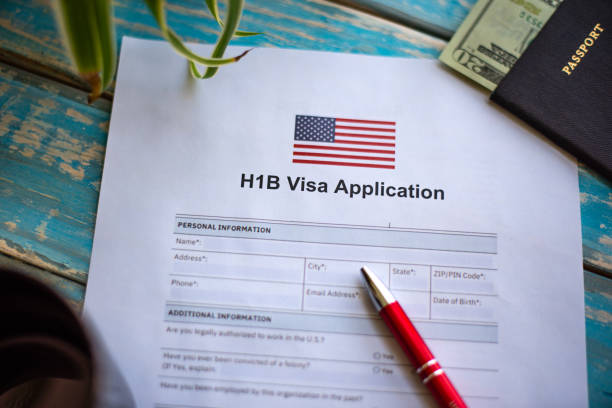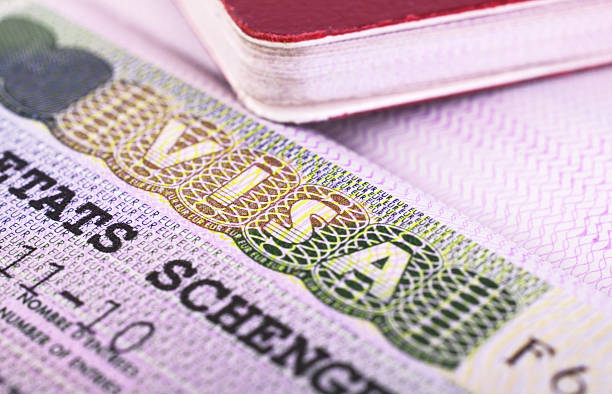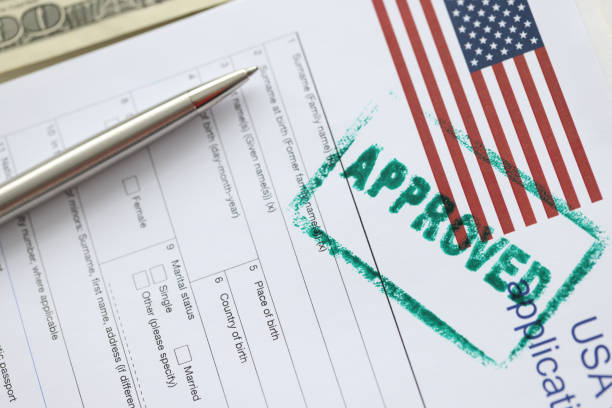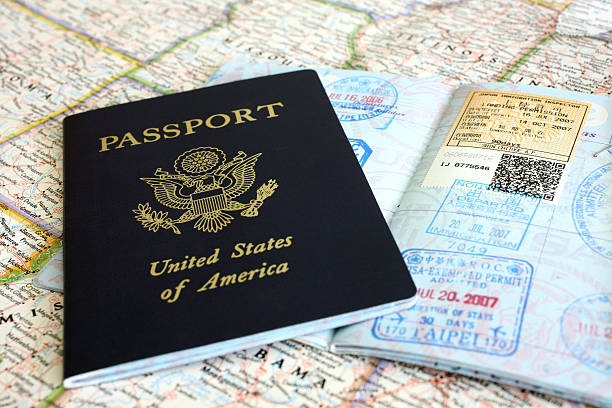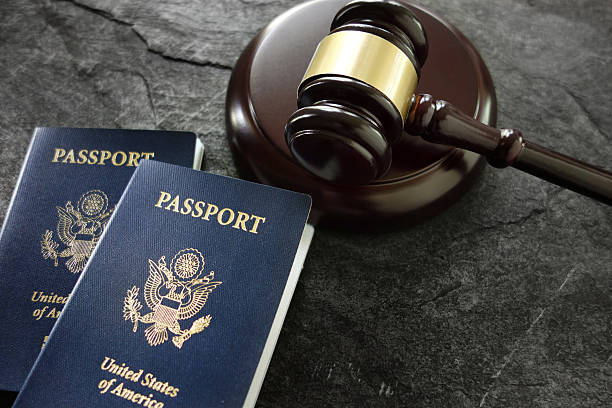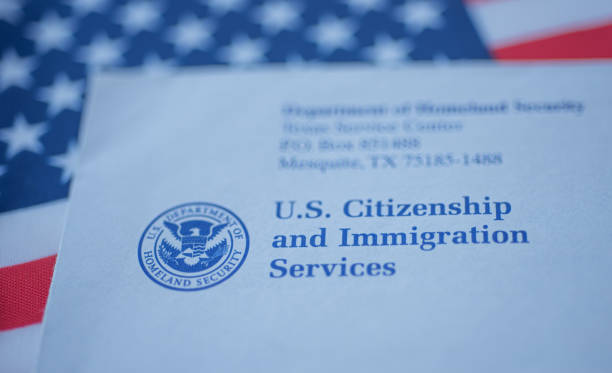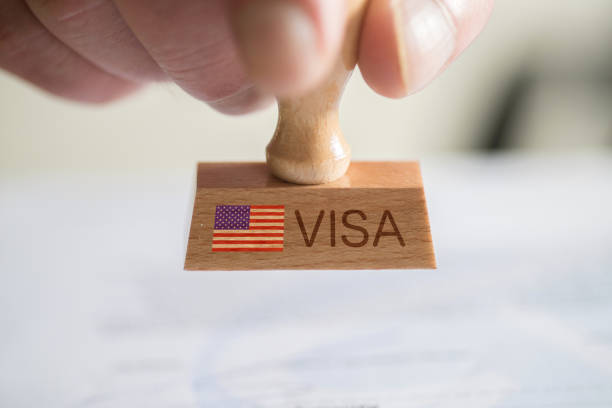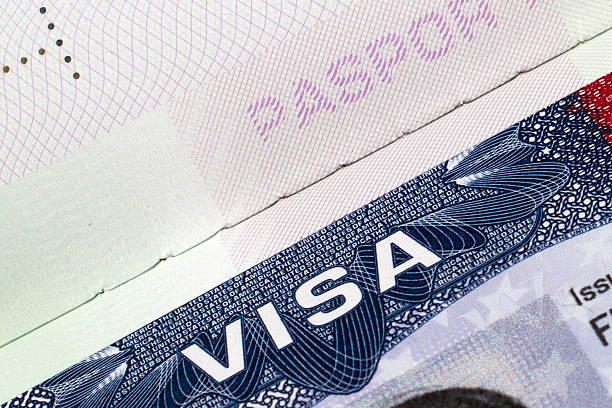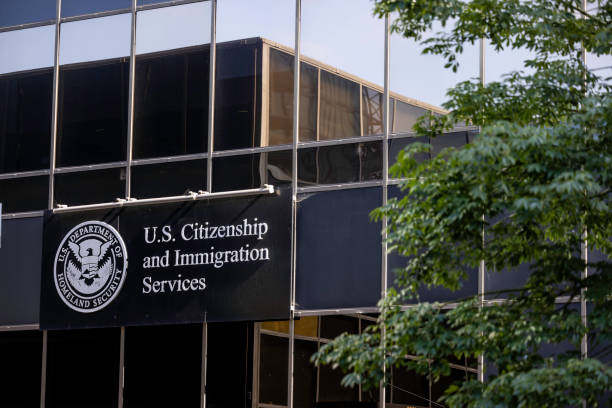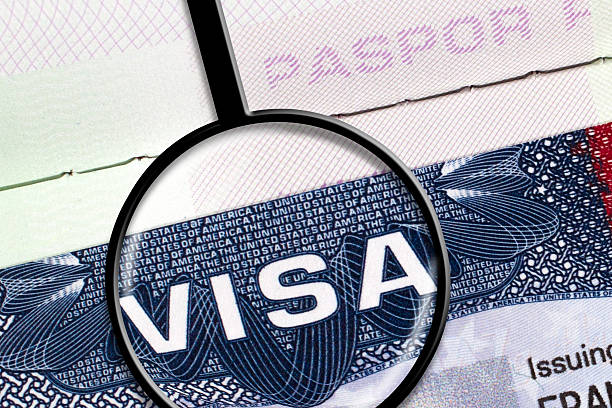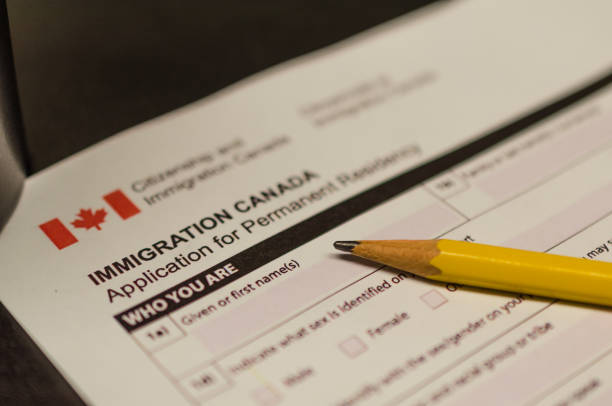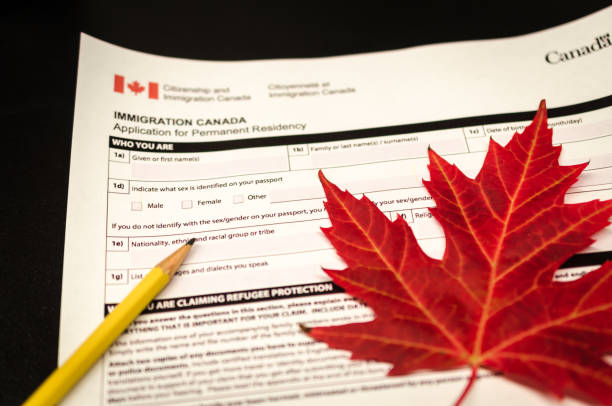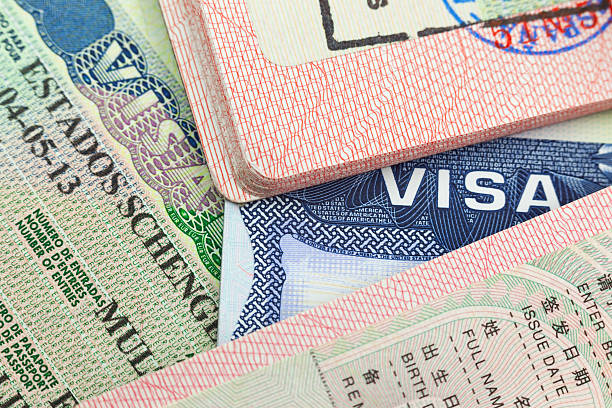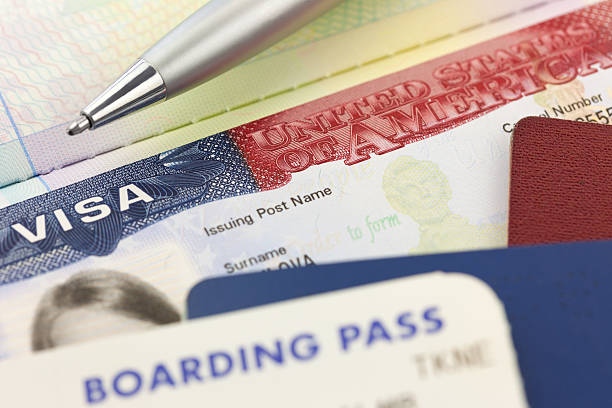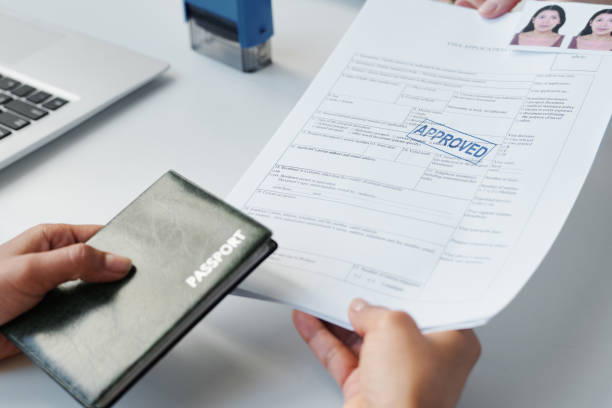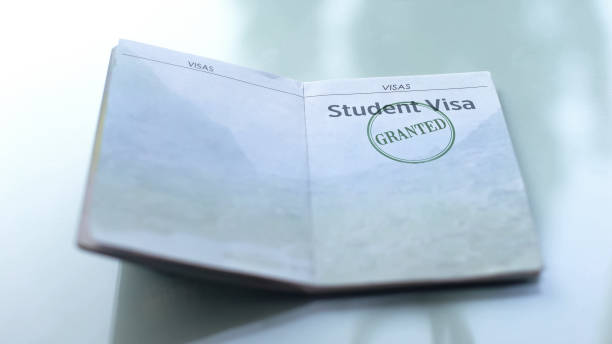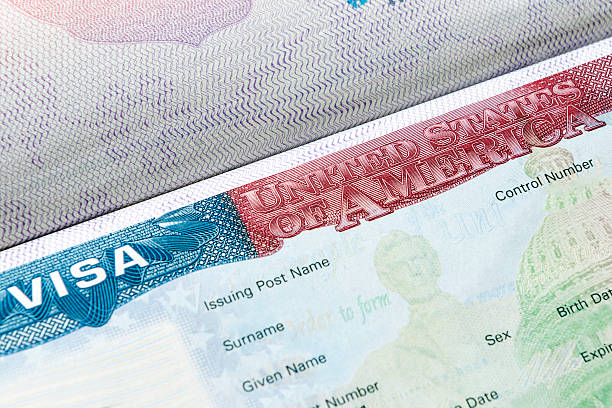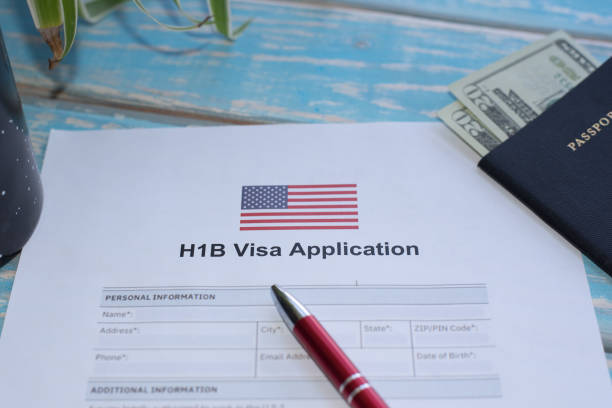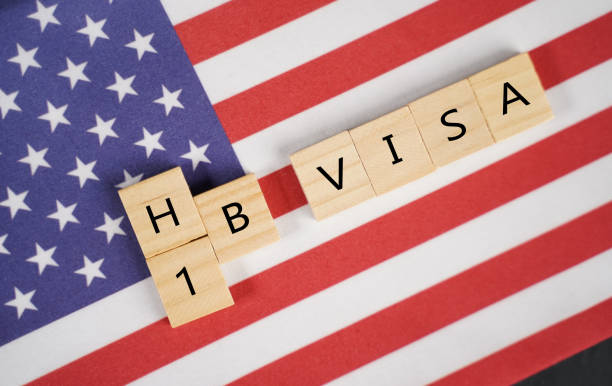
How to Handle Legal Issues During Your Immigration Process
How to Handle Legal Issues During Your Immigration Process
Navigating the immigration process can be complex, and encountering legal issues is not uncommon. Whether you're dealing with visa denials, delays, or compliance problems, understanding how to address these issues is crucial for a successful immigration journey. This guide outlines effective strategies for handling legal issues during your immigration process.
1. Understand the Legal Issue
The first step in handling any legal issue is to fully understand the nature and implications of the problem you're facing.
1.1. Identify the Problem
Clearly identify the specific legal issue. This could range from a visa denial to complications with your application or issues related to compliance with immigration laws.
1.2. Review Relevant Documents
Review all relevant documents, including your visa application, correspondence with immigration authorities, and any legal notices. Understanding the details will help you address the issue more effectively.
2. Seek Professional Legal Advice
Consulting with a qualified immigration lawyer is essential when dealing with legal issues. They can provide expert advice and guide you through the process of resolving the issue.
2.1. Find a Reputable Immigration Lawyer
Look for an immigration lawyer with experience in handling cases similar to yours. Ensure they are licensed and have a good track record.
Find reputable immigration lawyers through resources like the American Immigration Lawyers Association (AILA) or the Law Society.
2.2. Prepare for Your Consultation
Before meeting with your lawyer, gather all relevant documents and information related to your case. Provide a detailed account of the issue and any correspondence you’ve had with immigration authorities.
3. Address Visa Denials and Rejections
If your visa application has been denied or rejected, follow these steps to address the issue:
3.1. Understand the Reasons
Review the reasons provided for the denial or rejection. This information is usually included in the decision letter from immigration authorities.
3.2. File an Appeal or Reapply
Determine whether you can file an appeal or if you need to reapply. Your immigration lawyer can guide you through the appeal process or help you prepare a new application.
For appeal information, check the USCIS Office of Administrative Appeals or equivalent bodies in other countries.
4. Addressing Compliance Issues
If you face compliance issues, such as overstaying a visa or not meeting visa conditions, take the following steps:
4.1. Review Visa Conditions
Review the conditions of your visa to ensure you understand what is required. Non-compliance can lead to serious consequences, including deportation.
4.2. Rectify the Issue
If you are in violation of visa conditions, take immediate steps to rectify the issue. This might involve updating your visa status, leaving the country, or applying for an extension.
For guidance on visa extensions or status adjustments, visit the USCIS Extension of Stay page or equivalent resources in other countries.
5. Keep Detailed Records
Maintaining detailed records of all interactions with immigration authorities and legal proceedings is essential for resolving issues effectively.
5.1. Document Everything
Keep copies of all correspondence, legal notices, and documents related to your case. Document any meetings or phone calls with immigration authorities or legal professionals.
5.2. Maintain a Case Log
Create a log to track the status of your case, including key dates, actions taken, and responses received. This helps you stay organized and ensures that you don’t miss any important deadlines.
6. Follow Legal Procedures and Deadlines
Adhering to legal procedures and deadlines is crucial for resolving issues and avoiding further complications.
6.1. Meet All Deadlines
Ensure that you meet all deadlines for submissions, appeals, or responses. Missing deadlines can negatively impact your case and reduce your chances of a successful resolution.
6.2. Follow Official Procedures
Follow all official procedures and guidelines provided by immigration authorities. This includes submitting required documents, attending scheduled interviews, and complying with any requests for additional information.
7. Stay Informed About Legal Changes
Immigration laws and policies can change frequently. Staying informed about these changes helps you ensure compliance and address any new issues that may arise.
7.1. Monitor Immigration News
Keep up with the latest immigration news and updates from reliable sources. This can help you stay informed about any changes that might affect your case.
For updates on U.S. immigration policies, visit the USCIS Newsroom.
7.2. Consult with Professionals Regularly
Regularly consult with immigration professionals to ensure that you are aware of any changes in the law and how they might impact your case.
8. Seek Emotional Support
Dealing with legal issues can be stressful. Seeking emotional support can help you manage stress and maintain a positive outlook during the process.
8.1. Connect with Support Groups
Join support groups for individuals facing similar immigration challenges. Sharing experiences and receiving support from others can be beneficial.
Look for support groups through online forums or local community organizations.
8.2. Consider Counseling
If you find the stress overwhelming, consider seeking counseling or therapy. Professional support can help you manage stress and maintain mental well-being.
Conclusion
Handling legal issues during your immigration process requires careful attention, proper documentation, and professional guidance. By understanding the issue, seeking expert advice, addressing compliance problems, keeping detailed records, following procedures, staying informed, and seeking support, you can effectively manage legal challenges and improve your chances of a successful immigration journey.








